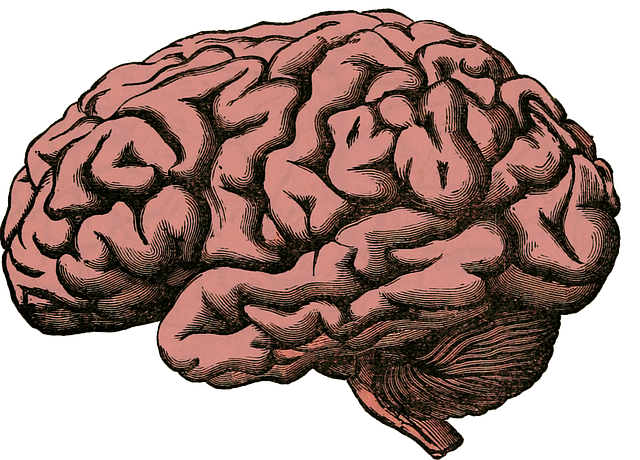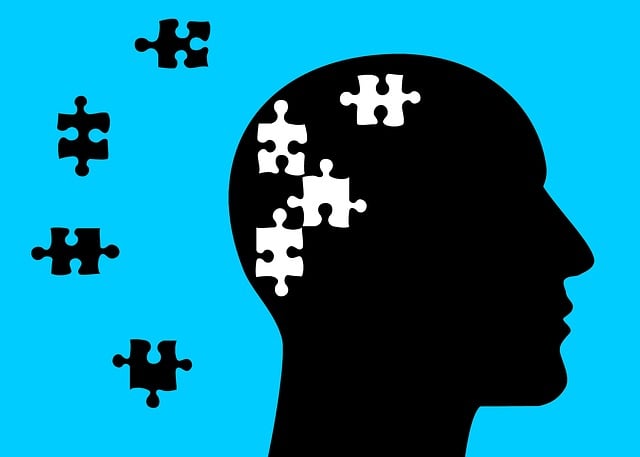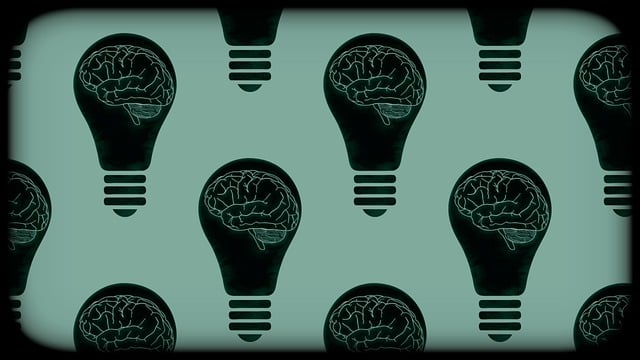Community outreach programs are key to expanding access to Superior Developmental Disability Therapy by connecting individuals with necessary support in their communities. These initiatives focus on fostering inclusive environments through tailored programs promoting emotional regulation and overall well-being. Effective strategies include healthcare provider training and public awareness campaigns. Such efforts create a supportive network facilitating early intervention and ongoing therapy, enhancing quality of life for individuals with developmental disabilities. Measuring success through KPIs ensures the program aligns with goals and benefits the community, allowing for continuous improvement and adaptability.
Community outreach programs play a pivotal role in providing superior developmental disability therapy, extending support beyond traditional clinical settings. This article explores effective strategies for implementing and engaging these initiatives, offering valuable insights for professionals aiming to enhance services. We delve into measuring success and fostering continuous improvement within community contexts, ensuring optimal outcomes for individuals with developmental disabilities.
- Understanding Community Outreach Programs for Developmental Disability Therapy
- Strategies for Effective Implementation and Engagement
- Measuring Success and Continuous Improvement in Community Settings
Understanding Community Outreach Programs for Developmental Disability Therapy

Community outreach programs play a pivotal role in enhancing access to Superior Developmental Disability Therapy. These initiatives aim to bridge the gap between specialized healthcare services and individuals with developmental disabilities, ensuring they receive the support they need within their communities. By implementing tailored programs, organizations can foster an inclusive environment that promotes emotional regulation and overall well-being.
One effective strategy is providing Healthcare Provider Cultural Competency Training to equip professionals with the skills to serve diverse populations effectively. Public awareness campaigns focused on breaking down stereotypes and misconceptions can also lead to increased understanding and acceptance. Through these efforts, communities can create a supportive network that facilitates early intervention and ongoing therapy, ultimately improving quality of life for individuals with developmental disabilities while encouraging emotional regulation in various settings.
Strategies for Effective Implementation and Engagement

Implementing community outreach programs requires a strategic approach to ensure maximum engagement and positive outcomes for all participants. One key strategy is Superior Developmental Disability Therapy tailored to the unique needs of the community. This involves assessing local resources, identifying gaps in services, and designing interventions that foster resilience building and depression prevention. Tailoring therapy sessions to address specific challenges faced by individuals with developmental disabilities can significantly enhance their well-being.
Additionally, organizing stress management workshops offers a holistic approach to community outreach. These workshops not only equip participants with practical tools for coping with stress but also create platforms for social interaction and peer support. By incorporating activities that promote mindfulness, emotional regulation, and healthy lifestyle choices, these sessions contribute to the overall mental health and resilience of the community. Engaging local organizations and volunteers in these initiatives ensures sustainability and encourages a collaborative environment that benefits everyone.
Measuring Success and Continuous Improvement in Community Settings

Measuring success is a vital aspect of community outreach programs aimed at providing Superior Developmental Disability Therapy. It involves tracking key performance indicators (KPIs) to ensure the program aligns with its goals and benefits the community. These metrics could include participation rates, client outcomes, and feedback from both clients and caregiving professionals. By regularly assessing these KPIs, program organizers can identify what’s working well and areas needing improvement.
Continuous improvement is fostered through a data-driven approach, where insights gathered from measuring success are used to refine strategies. This involves reassessing risk assessment for mental health professionals, integrating new techniques to enhance Mental Health Awareness, and implementing burnout prevention measures. Ultimately, this cyclical process ensures the community outreach program remains relevant, effective, and adaptable to changing needs, ultimately promoting better outcomes for those with developmental disabilities.
Implementing community outreach programs can significantly enhance access to superior developmental disability therapy, transforming lives by fostering inclusion and support within local communities. By combining effective strategies and continuous improvement measures, these programs ensure that high-quality care reaches those who need it most, ultimately enriching the tapestry of mental health services available to all.












